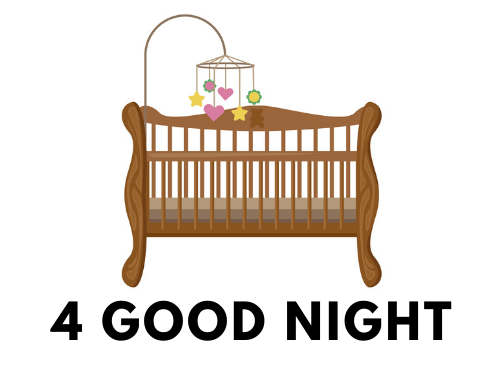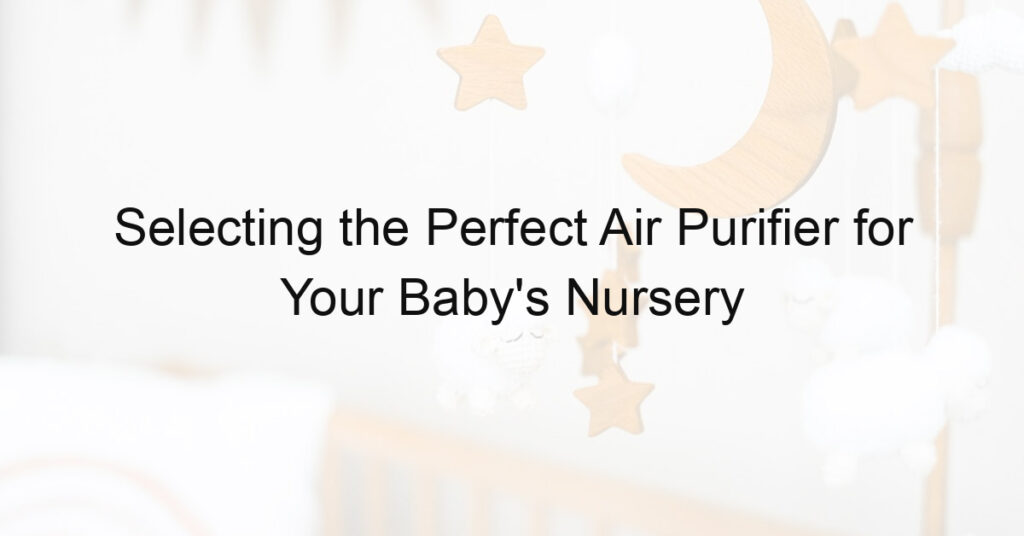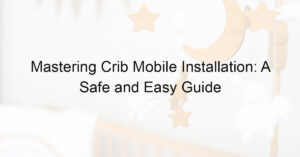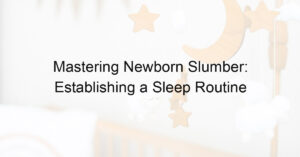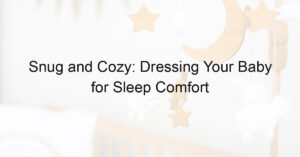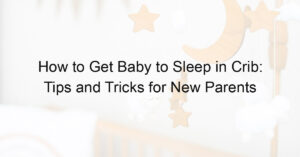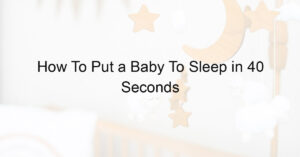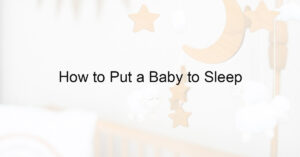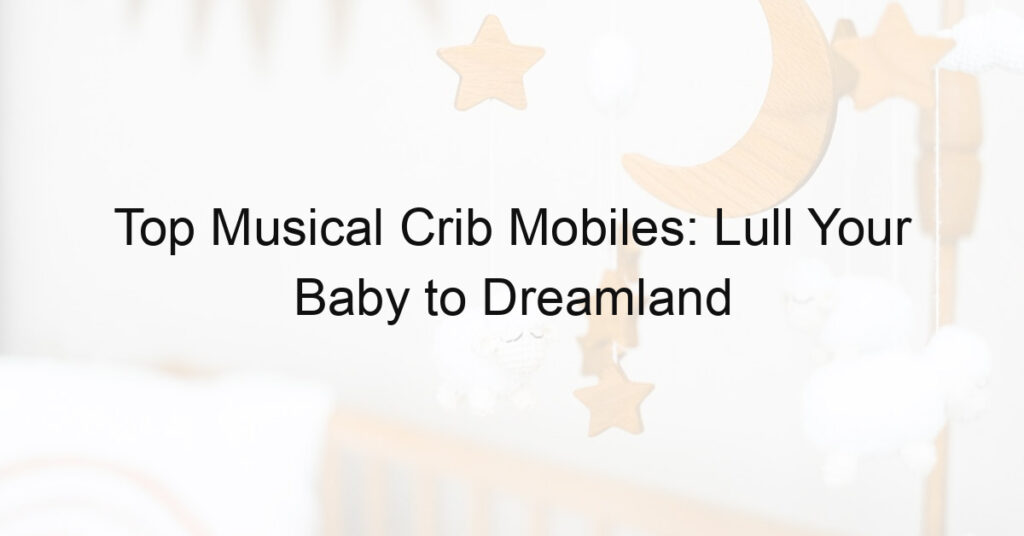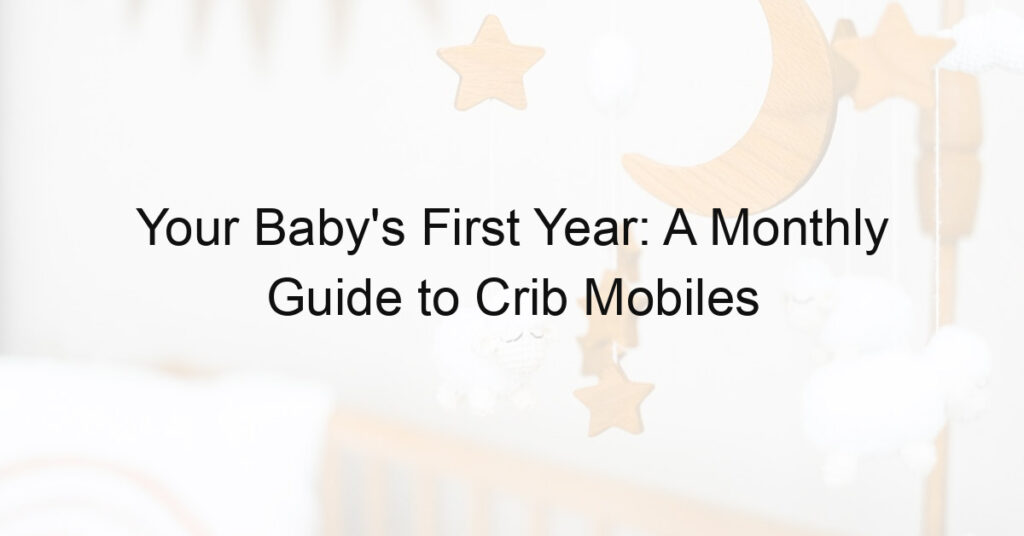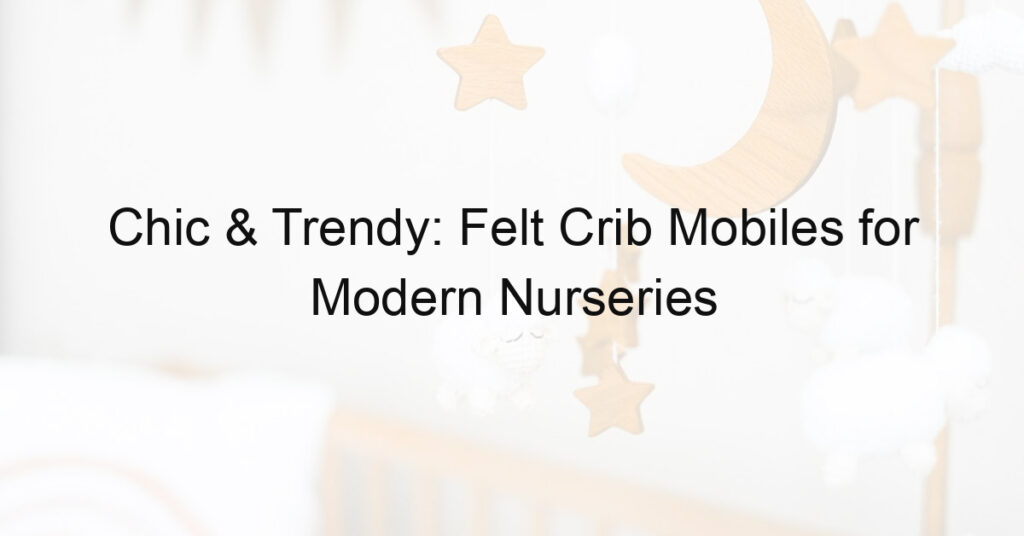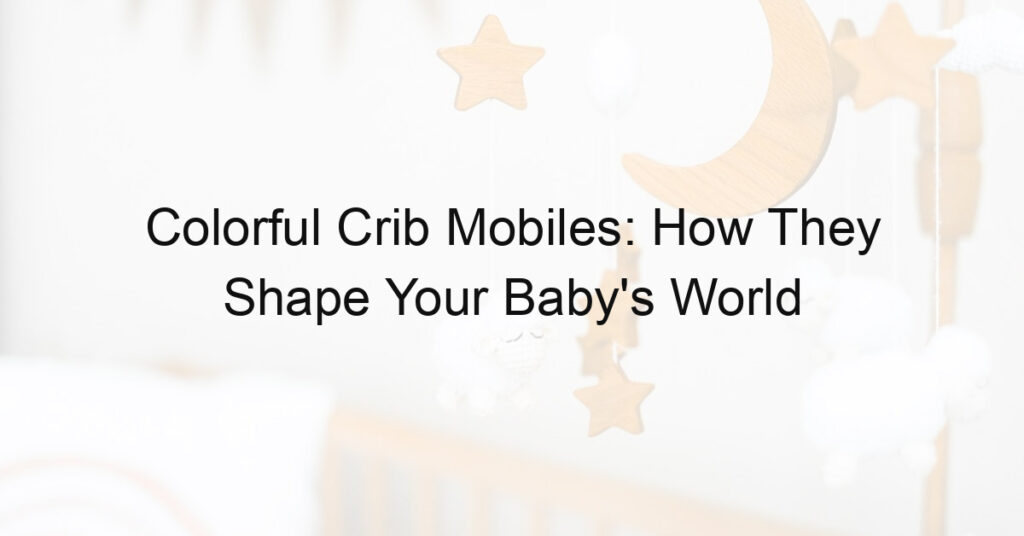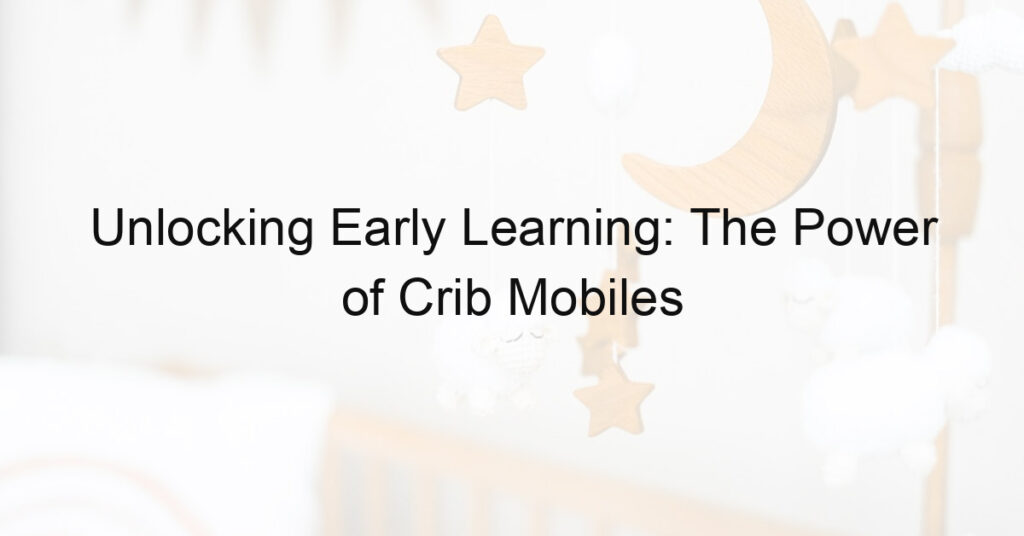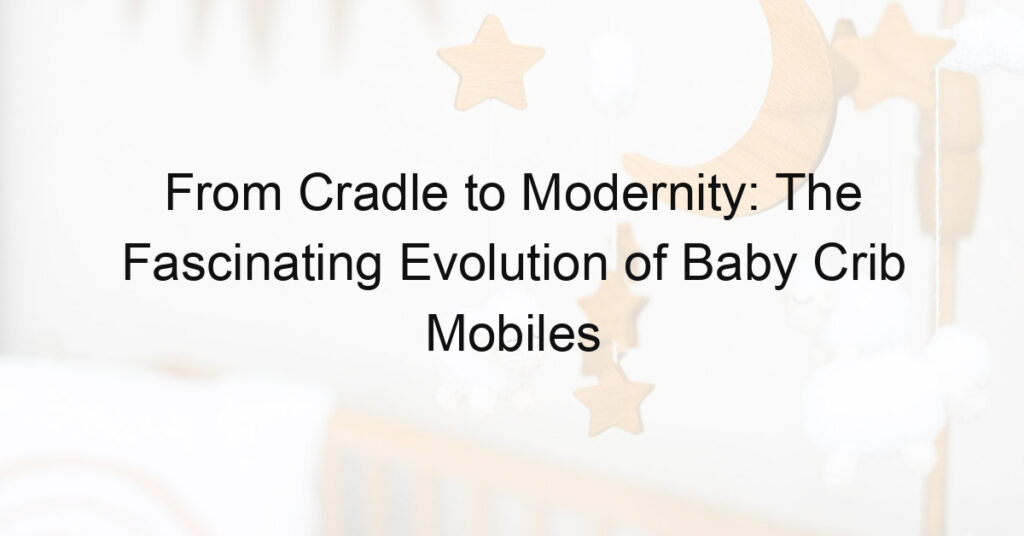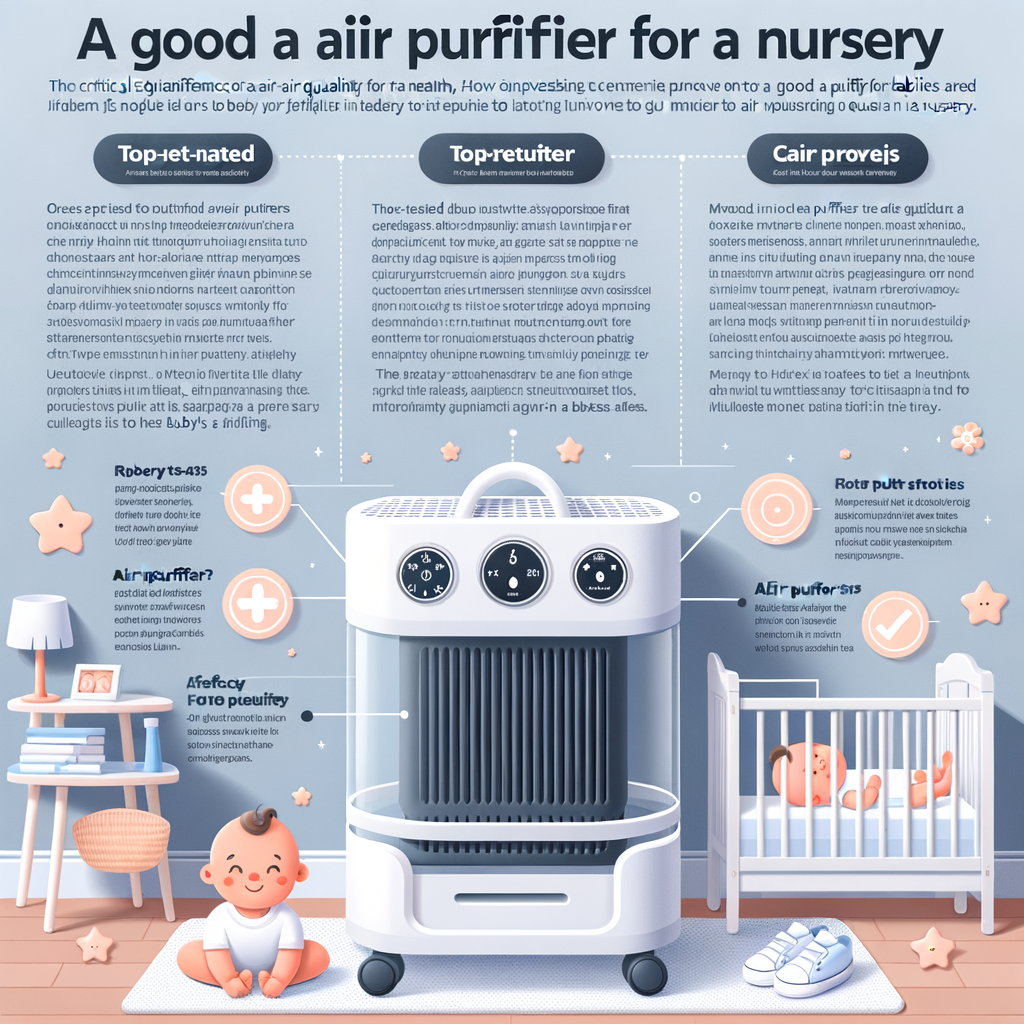
Introduction to Nursery Air Quality
The air quality in your baby’s nursery is more important than you might think. It’s not just about keeping the room clean and dust-free. It’s about ensuring that the air your baby breathes is as pure and healthy as possible. In this section, we will delve into the importance of indoor air quality for babies, common pollutants found in a nursery, and how air purifiers can help improve the air quality in your baby’s room.
- Importance of Indoor Air Quality for Babies
- Common Pollutants in a Nursery
- How Air Purifiers Can Improve Nursery Air Quality
Babies, especially newborns, have delicate lungs that are still developing. This makes them more susceptible to airborne pollutants than adults. Poor indoor air quality can lead to a variety of health issues in babies, including allergies, asthma, and even developmental problems. A study by the World Health Organization found that children exposed to poor indoor air quality are more likely to develop respiratory problems later in life.
There are several common pollutants that can be found in a nursery. These include dust mites, mold spores, pet dander, and volatile organic compounds (VOCs) from paint, furniture, and cleaning products. These pollutants can cause a range of health issues, from minor irritations like sneezing and coughing, to more serious problems like asthma and allergies.
Air purifiers can play a significant role in improving the air quality in your baby’s nursery. These devices work by filtering the air, removing harmful pollutants, and circulating clean air back into the room. They can effectively remove dust, pollen, mold spores, and other allergens, as well as neutralize odors. By using an air purifier, you can ensure that your baby is breathing clean, healthy air.
In the following sections, we will guide you on how to choose the best air purifier for your baby’s nursery, provide a list of the top 5 best air purifiers for a nursery, and offer additional tips for improving nursery air quality. Stay tuned to learn more about ensuring your baby’s safety with air purifiers.
Choosing the Best Air Purifier for Your Baby’s Nursery
When it comes to your baby’s health, every detail matters. One of the most overlooked aspects is the air quality in your baby’s nursery. Choosing the right air purifier can make a significant difference in ensuring your baby breathes clean, fresh air.
Understanding Air Purifier Types
There are several types of air purifiers available in the market, each with its own unique features and benefits. Let’s dive into the four main types:
- HEPA Air Purifiers
- Activated Carbon Air Purifiers
- UV Air Purifiers
- Ozone Air Purifiers
HEPA (High Efficiency Particulate Air) air purifiers are renowned for their ability to filter out tiny particles from the air. They can trap 99.97% of particles that are 0.3 microns or larger, including dust, pollen, and pet dander. This makes them a great choice for a baby’s nursery.
Activated Carbon air purifiers are excellent at removing odors and gases from the air. They work by absorbing these pollutants into their porous surface. If your nursery has a problem with smells or chemical fumes, an activated carbon air purifier might be the solution.
UV (Ultraviolet) air purifiers use UV light to kill germs, bacteria, and viruses. They don’t remove particles from the air, but they can help to sanitize it. If your main concern is germs, a UV air purifier could be a good option.
Ozone air purifiers work by producing ozone, a gas that can neutralize certain pollutants. However, they should be used with caution, as ozone can be harmful in large amounts. It’s best to consult with a professional before choosing this type of purifier for a baby’s nursery.
Understanding the different types of air purifiers is the first step in choosing the best one for your baby’s nursery. In the next section, we will discuss the key factors to consider when making your choice.
Key Factors in Choosing an Air Purifier
When selecting the best air purifier for your baby’s nursery, there are several key factors to consider. These factors will ensure that the air purifier you choose is effective, efficient, and suitable for your specific needs.
- Filter type: The type of filter an air purifier uses is crucial. Different filters target different pollutants. For instance, HEPA filters are excellent at capturing small particles like dust, pollen, and pet dander. On the other hand, activated carbon filters are good at absorbing odors and gases. Some air purifiers combine these filters for a more comprehensive approach.
- Room size: The size of the nursery is another important factor. Air purifiers are designed to clean the air in a specific room size, measured in square feet. Make sure to choose an air purifier that can effectively clean the air in the size of your baby’s nursery.
- Noise level: Babies need a quiet environment for optimal sleep. Some air purifiers can be quite loud, especially on their highest settings. Look for an air purifier that operates quietly to ensure it doesn’t disturb your baby’s sleep.
- Energy efficiency: Air purifiers that are energy efficient can save you money on your electricity bill. Look for models that have an Energy Star rating, as these are certified to be energy efficient.
In conclusion, the type of filter, the size of the room, the noise level, and the energy efficiency are all key factors to consider when choosing an air purifier for your baby’s nursery. By taking these factors into account, you can ensure that you choose the best air purifier for your needs.
Top 5 Best Air Purifiers for a Nursery
Choosing the right air purifier for your baby’s nursery is crucial. It can help keep the air clean and free from harmful pollutants that can affect your baby’s health. Here are the top five best air purifiers for a nursery, along with their features and benefits:
- Air Purifier 1: Honeywell HPA300
The Honeywell HPA300 is a top-rated air purifier known for its excellent performance. It features a True HEPA filter that captures up to 99.97% of airborne particles as small as 0.3 microns, including dust, pollen, pet dander, and smoke. It also has an activated carbon pre-filter that helps reduce unpleasant odors. This air purifier is ideal for medium to large rooms, making it a great choice for your baby’s nursery.
- Air Purifier 2: Levoit LV-H132
The Levoit LV-H132 is a compact air purifier perfect for small nurseries. It features a 3-stage filtration system that includes a pre-filter, a True HEPA filter, and an activated carbon filter. This system effectively removes pollutants and odors from the air. Plus, it operates quietly, ensuring your baby’s sleep won’t be disturbed.
- Air Purifier 3: Coway AP-1512HH
The Coway AP-1512HH is a powerful air purifier that features a 4-stage filtration system. It includes a pre-filter, a deodorization filter, a True HEPA filter, and a Vital Ion system. This purifier also has an air quality indicator that adjusts the fan speed based on the room’s air quality. Its sleek design and quiet operation make it a great addition to any nursery.
- Air Purifier 4: GermGuardian AC4825
The GermGuardian AC4825 is an affordable air purifier that doesn’t compromise on performance. It features a 3-in-1 air cleaning system that includes a HEPA filter, a charcoal filter, and a UV-C light. This combination effectively captures allergens, kills airborne viruses and bacteria, and reduces odors. It’s a great choice for parents on a budget who still want to ensure clean air in their baby’s nursery.
- Air Purifier 5: Dyson Pure Cool Link
The Dyson Pure Cool Link is a high-end air purifier that doubles as a fan. It features a HEPA filter that removes 99.97% of allergens and pollutants as small as 0.3 microns. It also has a layer of activated carbon granules to capture odors and harmful toxins. Plus, it’s Wi-Fi enabled, allowing you to monitor and control your nursery’s air quality from your smartphone.
Each of these air purifiers has its unique features and benefits. Choose the one that best suits your baby’s nursery size, your budget, and your specific needs to ensure the best air quality for your little one.
Ensuring Your Baby’s Safety with Air Purifiers
When it comes to the health and safety of your baby, every detail matters. One such detail that often goes unnoticed is the quality of air in your baby’s nursery. Air purifiers can play a significant role in maintaining a healthy environment for your little one. However, not all air purifiers are created equal. Let’s explore what to look for in a baby-safe air purifier.
Baby Safe Air Purifiers: What to Look For
When shopping for an air purifier for your baby’s nursery, there are several key features to consider. These features ensure that the purifier is safe for your baby and effective in purifying the air.
- Non-toxic materials: The air purifier should be made of non-toxic materials. This means it should be free from harmful chemicals like BPA, phthalates, and lead. Non-toxic air purifiers will not release any harmful substances into the air, ensuring your baby breathes clean and safe air.
- Child lock feature: Babies are naturally curious and love to explore. A child lock feature on the air purifier prevents your baby from accidentally changing the settings or turning off the device. This feature ensures the purifier continues to function optimally, providing clean air for your baby.
- Automatic shut-off: An automatic shut-off feature is another safety measure to consider. This feature turns off the air purifier when it’s not needed, preventing overheating and conserving energy. It also adds an extra layer of safety, especially when the purifier is in your baby’s nursery.
Remember, your baby’s safety is paramount. Therefore, when choosing an air purifier, ensure it has these features. A baby-safe air purifier will not only clean the air but also provide a safe environment for your baby.
Proper Use and Maintenance of Air Purifiers
Ensuring the safety and health of your baby involves more than just choosing the right air purifier. It also includes proper use and regular maintenance of the device. Here are some key steps you can follow:
- Regular Filter Replacement
- Keeping the Air Purifier Out of Baby’s Reach
- Cleaning and Maintenance Schedule
Just like a car needs its oil changed, an air purifier needs its filter replaced regularly. The filter is the heart of the air purifier, trapping harmful particles and allergens. Over time, these filters can become clogged and less effective. Most manufacturers recommend replacing the filter every 6-12 months, but this can vary depending on the model and usage. Always refer to your product’s manual for specific instructions.
While air purifiers are generally safe, they should still be kept out of a baby’s reach. This is to prevent any potential accidents such as the baby knocking over the unit or sticking their fingers into the vents. A good place to put the air purifier is on a high shelf or in a corner of the room where it’s out of the baby’s reach but can still effectively clean the air.
Regular cleaning and maintenance of your air purifier can extend its lifespan and ensure it operates at peak efficiency. This includes wiping down the exterior, cleaning the vents, and checking for any signs of damage. It’s a good idea to set a schedule for these tasks, such as once a month. Again, refer to your product’s manual for specific cleaning instructions.
In conclusion, proper use and maintenance of your air purifier can go a long way in ensuring a healthy and safe environment for your baby. Remember, a well-maintained air purifier is a more effective air purifier.
Additional Tips for Improving Nursery Air Quality
While air purifiers are a great way to ensure your baby’s nursery has clean air, there are additional steps you can take to further improve the air quality. Here are some tips that can help:
- Regular Ventilation
- Use of Non-Toxic Cleaning Products
- Keeping Pets Out of the Nursery
One of the simplest ways to improve air quality is by regularly ventilating the nursery. This means opening windows and doors to allow fresh air to circulate. This can help to reduce the concentration of indoor pollutants. However, if you live in an area with high outdoor pollution, you may want to limit the amount of time you keep the windows open.
Many common household cleaning products contain chemicals that can harm your baby’s respiratory system. To keep the nursery air clean, consider switching to non-toxic cleaning products. These products are made without harmful chemicals and are just as effective at cleaning. Plus, they’re better for the environment!
Pets can bring in a lot of allergens like dander and fur into the nursery. If your baby is allergic, this can lead to respiratory issues. To prevent this, consider keeping pets out of the nursery. If this isn’t possible, make sure to clean the nursery regularly to remove any pet hair or dander.
Remember, the goal is to create a safe and healthy environment for your baby. By following these tips, you can ensure that the air your baby breathes is as clean as possible.
Conclusion: The Benefits of Air Purifiers for Babies
As we conclude our discussion on air purifiers for babies, it’s important to underline the key benefits that these devices bring to your home and, most importantly, your baby’s health. They are not just gadgets but essential tools for ensuring a safe and healthy environment for your little one.
- Improved Sleep Quality
- Reduced Risk of Allergies and Respiratory Issues
- Peace of Mind for Parents
One of the most significant benefits of air purifiers is the improvement in sleep quality. Babies need a lot of sleep for their growth and development. However, airborne pollutants can disrupt their sleep patterns. An air purifier can help by removing these pollutants, leading to a cleaner and fresher environment. This results in a more comfortable sleep for your baby.
Another key advantage of air purifiers is their ability to reduce the risk of allergies and respiratory issues. Babies have delicate respiratory systems that are easily affected by allergens and pollutants. By purifying the air, these devices can help prevent common issues like asthma, allergies, and other respiratory problems.
Lastly, air purifiers provide peace of mind for parents. Knowing that your baby is breathing clean, purified air can alleviate worries about their health and safety. This peace of mind is invaluable, allowing you to focus more on enjoying the precious moments of your baby’s early years.
In conclusion, investing in a good quality air purifier for your baby’s nursery is a smart decision. It not only ensures a healthier environment for your baby but also contributes to their overall well-being. Remember, a healthy baby is a happy baby!
